Aligote Uva Nestum 2024
Fresh pale yellowish colour. Juicy nose with notes of delicate white flowers and tropical fruits - pineapple and mango. The body is rounded and smooth with a soft freshness and fruity finish.
Region
Profile
-
Fruit
-
Body
-
Freshness
-
Alcohol
Variety
Flavours
-

-

-

Glass

Serving Temperature

Food pairing
-

-

-

Maturity
Drink nowYou may like these...
More about this product

Struma Valley
The Struma Valley region covers the Southwestern part of Bulgaria and the Bulgarian part of Macedonia. The climate of the region is specific and is highly influenced by the warm currents from the Mediterranean Sea. The main grape varieties here are the local endemic Shiroka Melnishka vine, Melnik 55 (cross between Shiroka Melnishka vine and the French variety Valdigie), but also the international varieties Cabernet Sauvignon, Merlot, Syrah and others. Due to the dryer climate and the higher temperatures, the wines develop warm southern tones in the aroma, with nuances of ripe fruit and a densely rich body. Of particular interest are the wines from Shiroka Melnik vine, partly due to the fact that the variety is difficult to grow because it ripens in late autumn. Today, the region is the most dynamically developing in Bulgaria, with many new, small, family owned wineries, increasingly focused on the quality and terroir expression of the wines they produce.
More wines of this region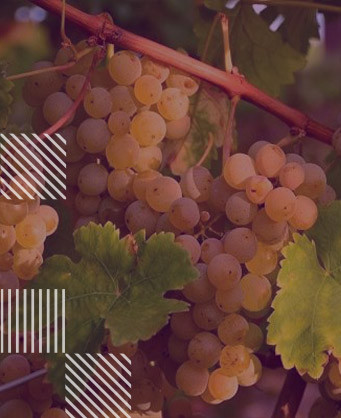
Aligoté
Aligote is best known as the "third" grape variety from Burgundy, most common in Buseron, in the northern part of Côte Chalon. Aligote also plays a key role in Crémant de Bourgogne sparkling wines. Aligote has been part of Burgundy's wine landscape for more than 200 years, planted alongside Chardonnay. This is an early maturing variety, characterized by its resistance to frost. Small quantities of vineyards with Aligote can also be found in the Rhone Valley, where it is used for blending mostly with Chardonnay to create light, fruity white wines from Châtillon- en-Diois. Outside France, Aligoté is particularly prevalent in Eastern Europe - in countries such as Bulgaria and Romania, where Aligoté wines have surprisingly many followers. The plantations in these countries are many times larger than in the traditional home of the variety in eastern France. Wines produced from Aligoté are usually dry in style, with floral and herbal notes. Due to its characteristic natural acidity, it is often used in blends to enhance the aromas of richer but less structured wines.
More wines of the same variety
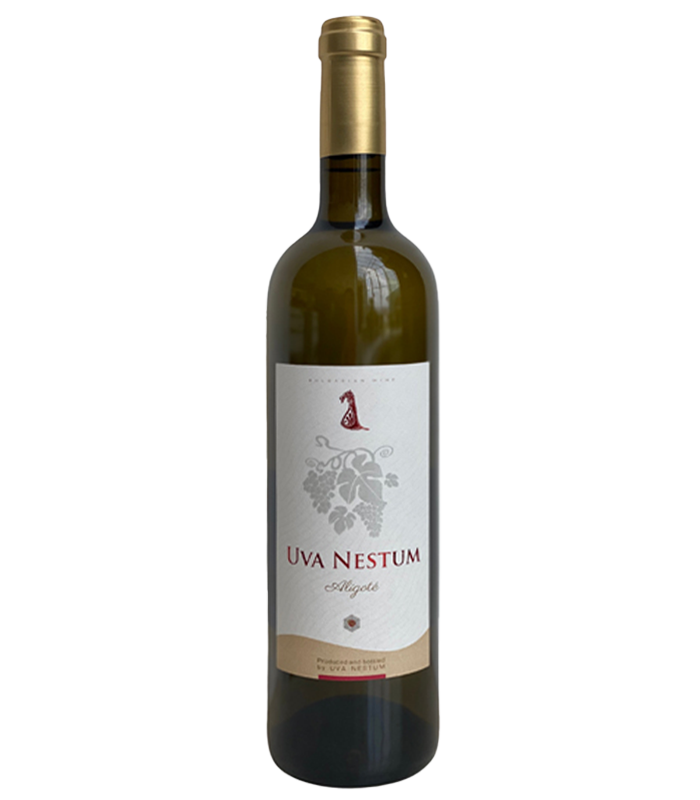


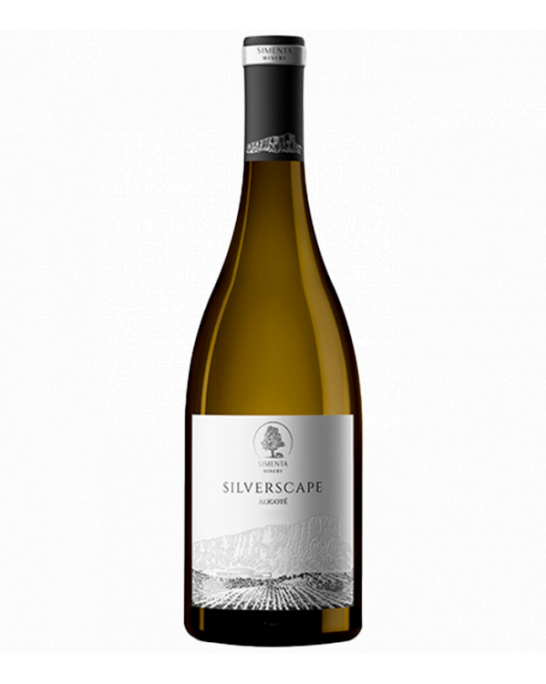
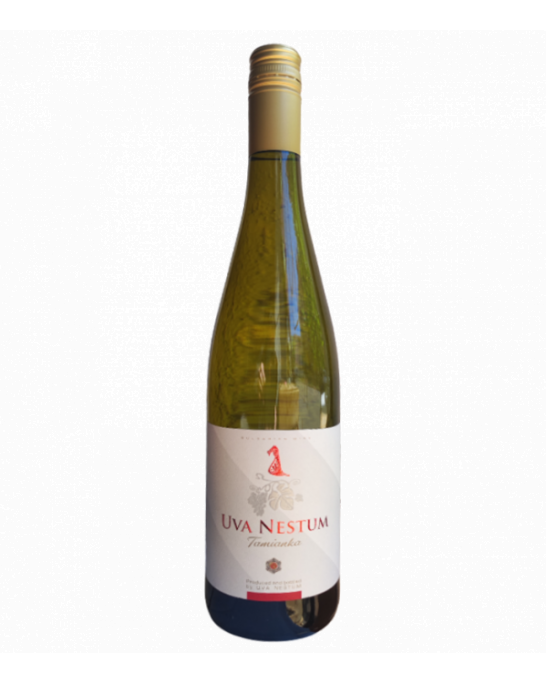
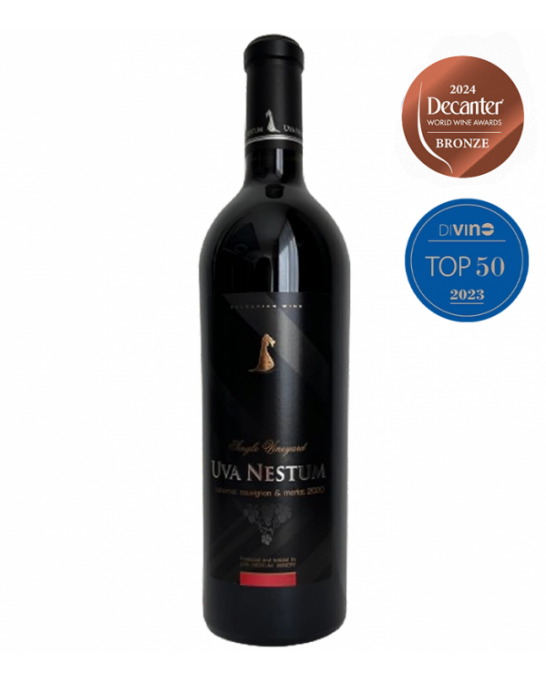
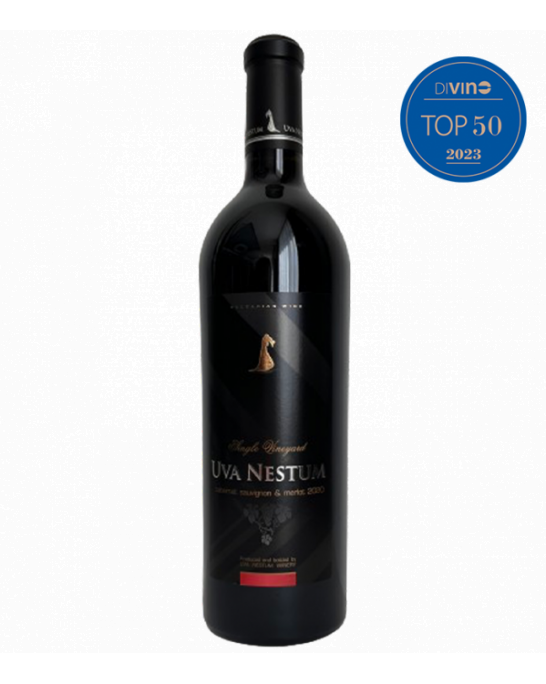
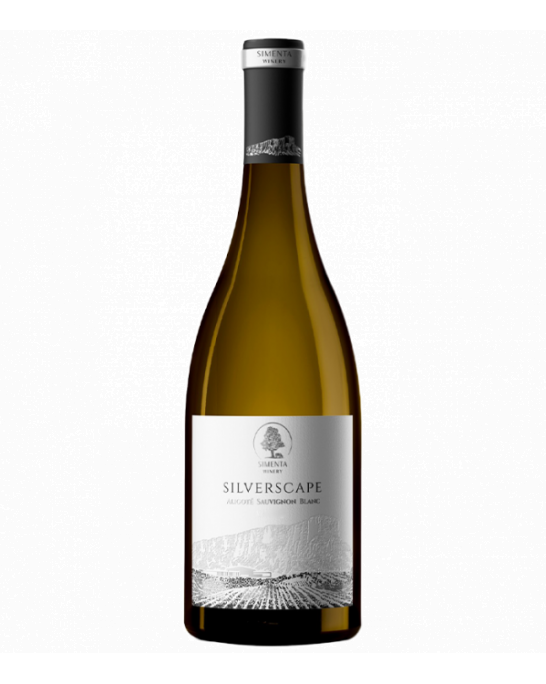
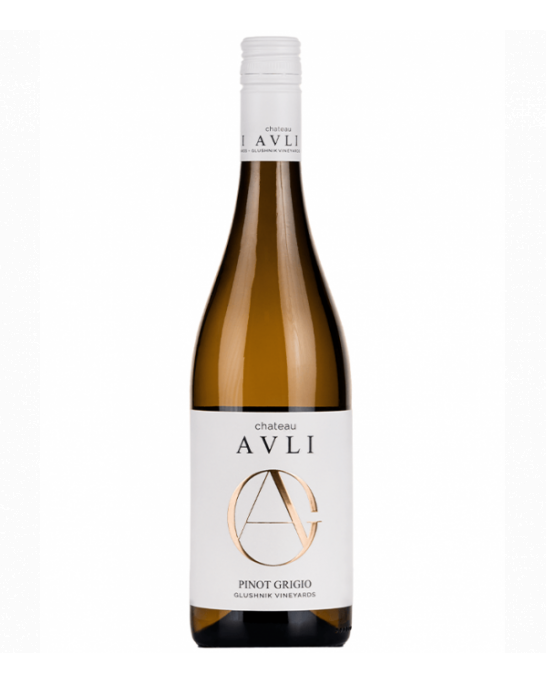
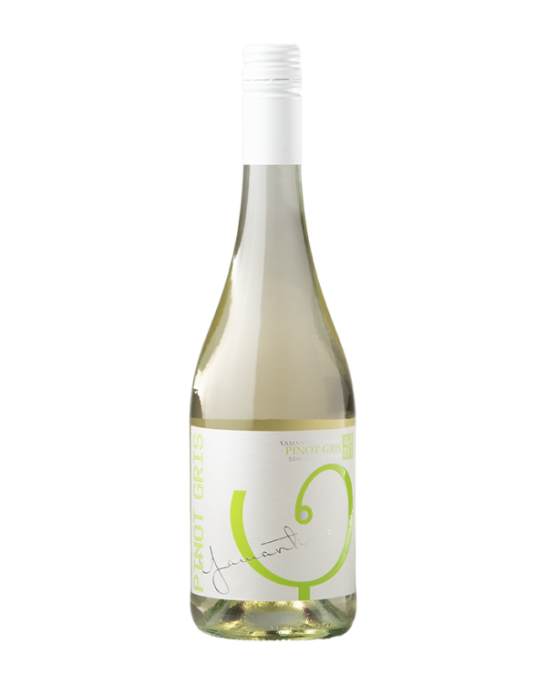
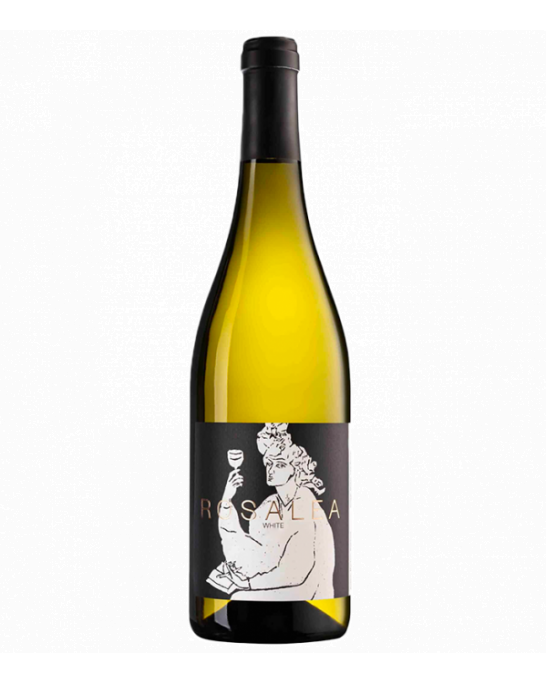
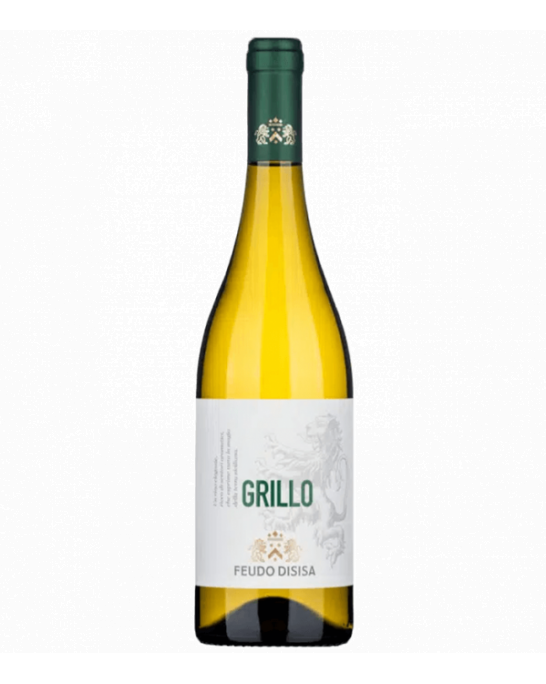
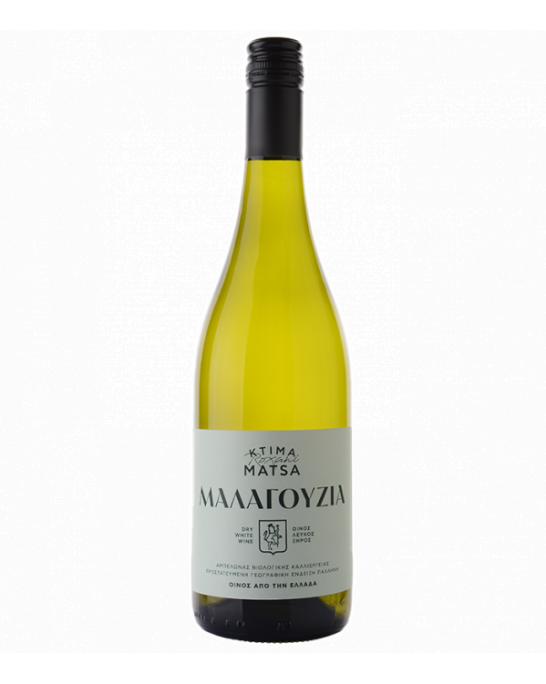
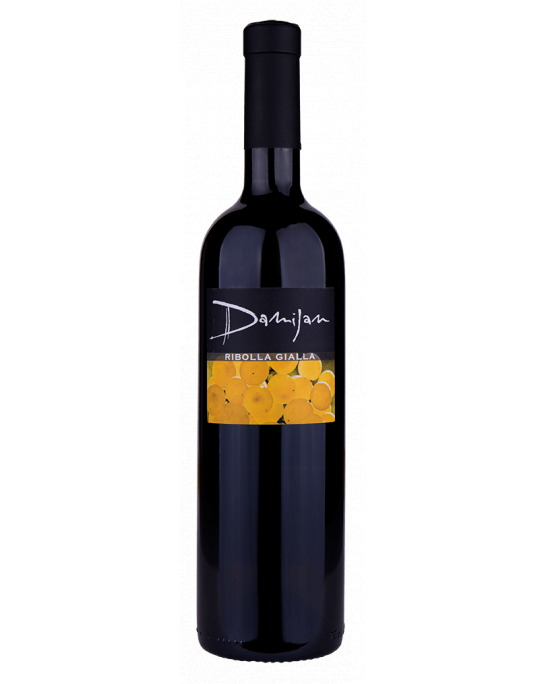
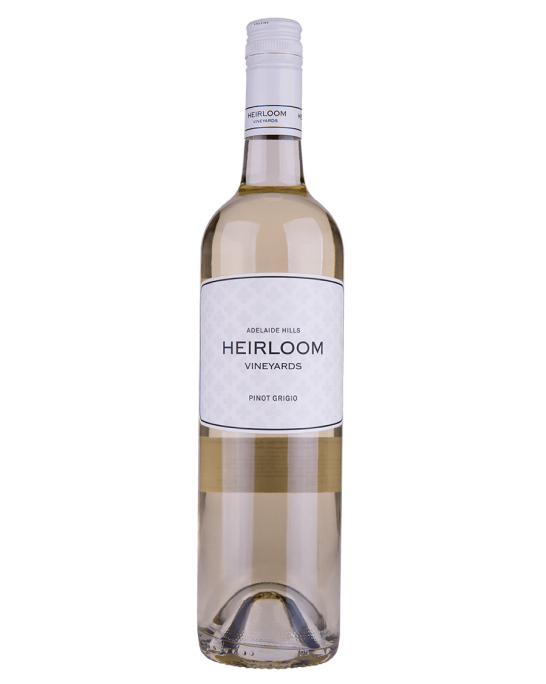
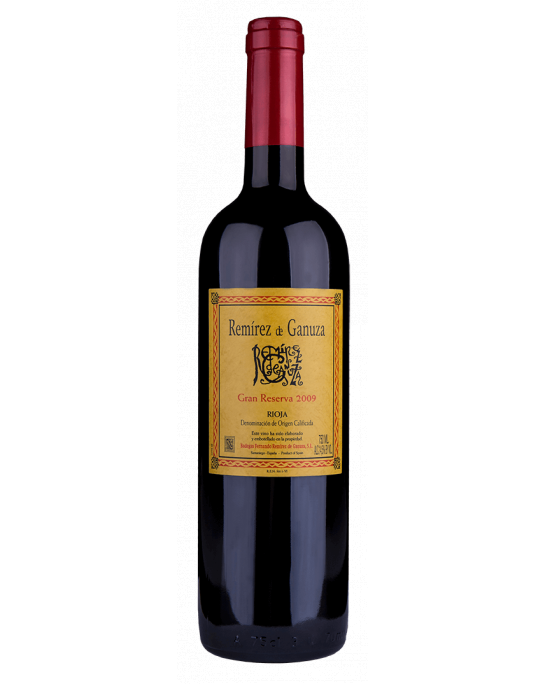
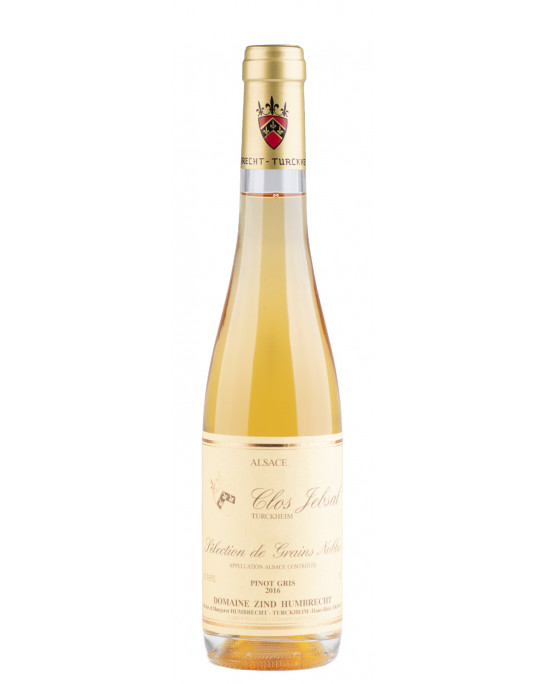
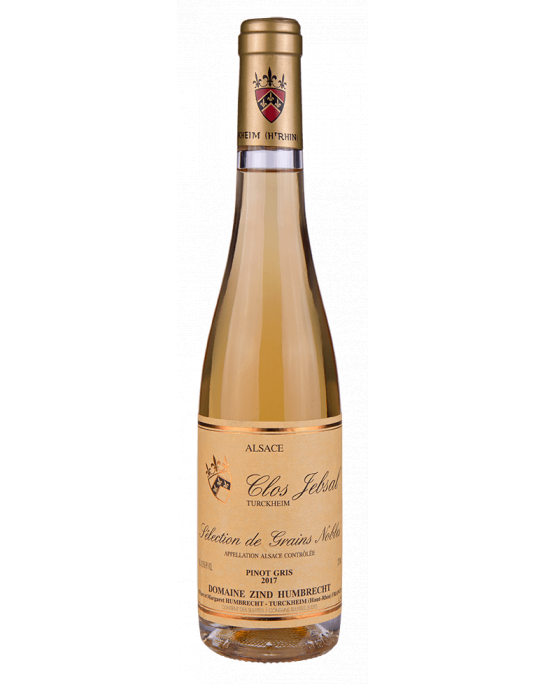
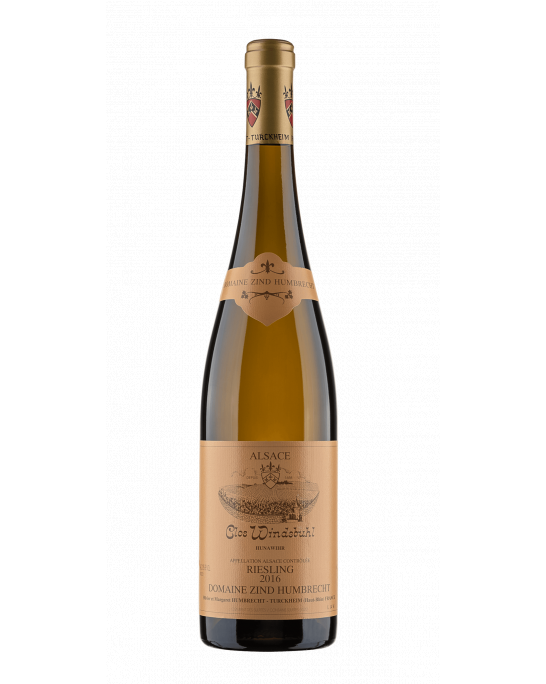
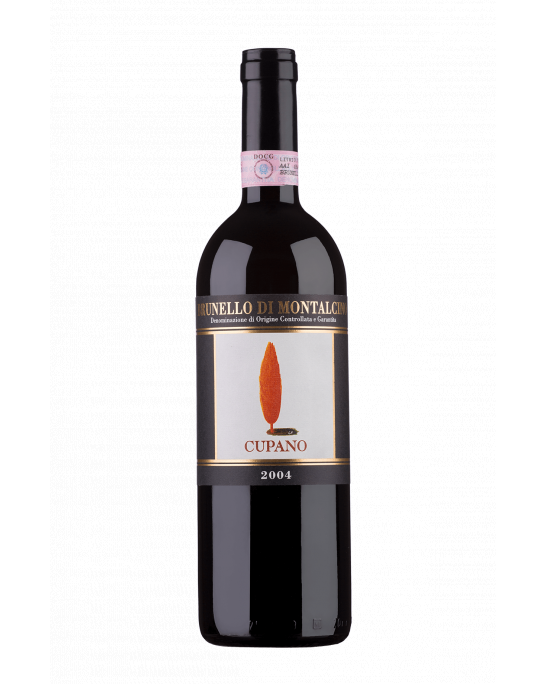
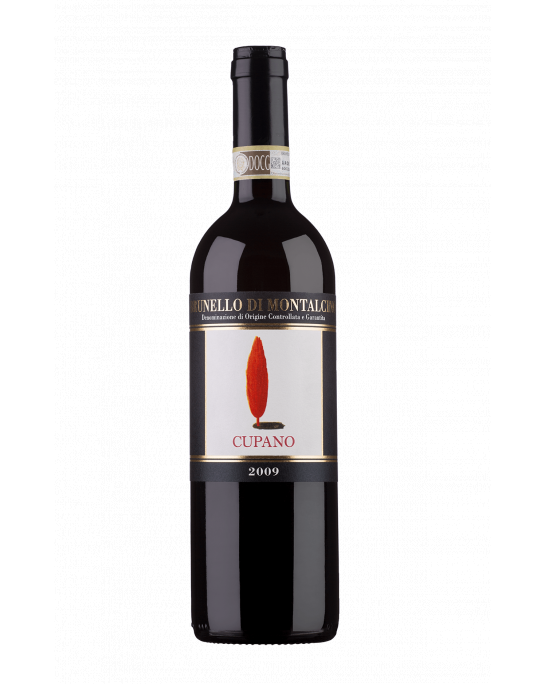
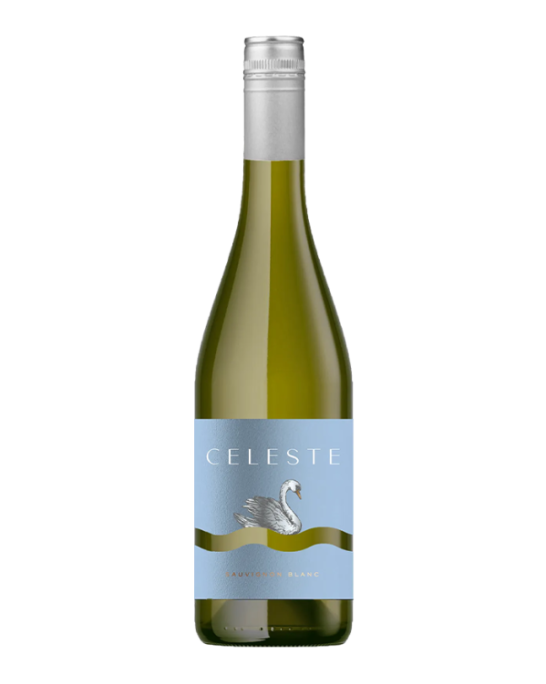
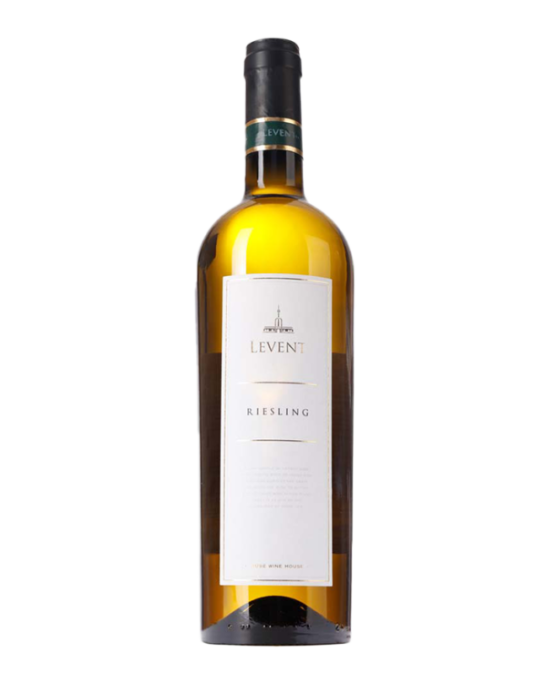
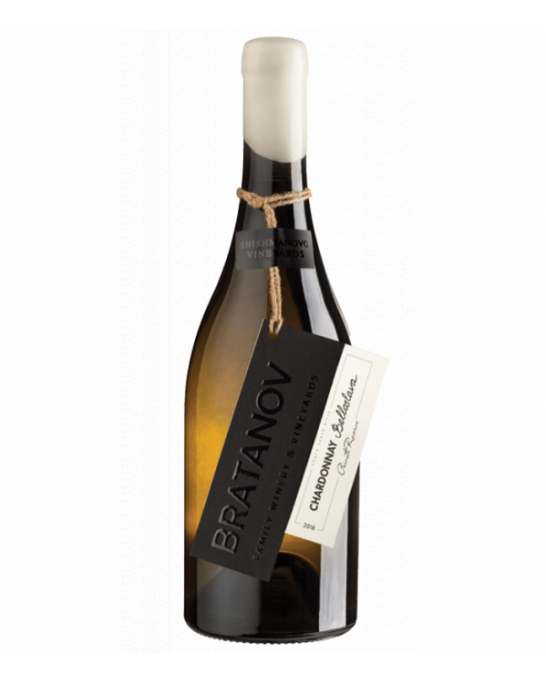
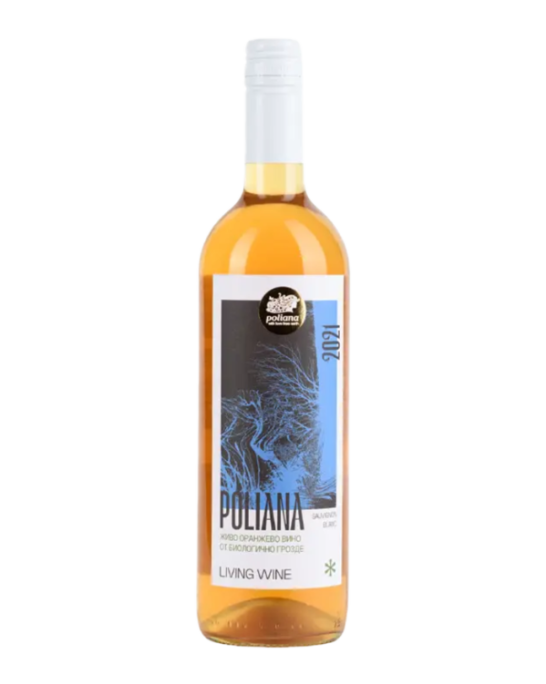
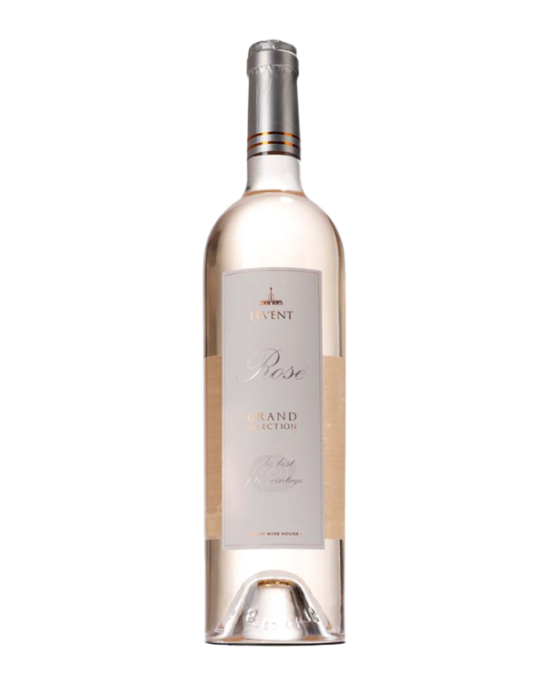
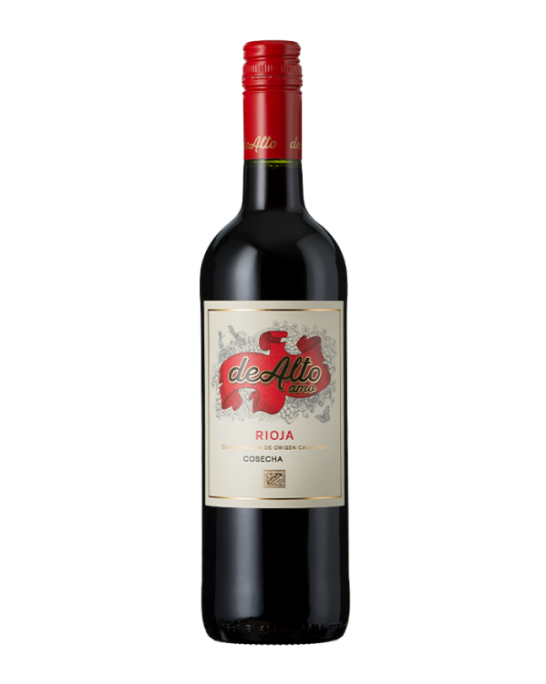
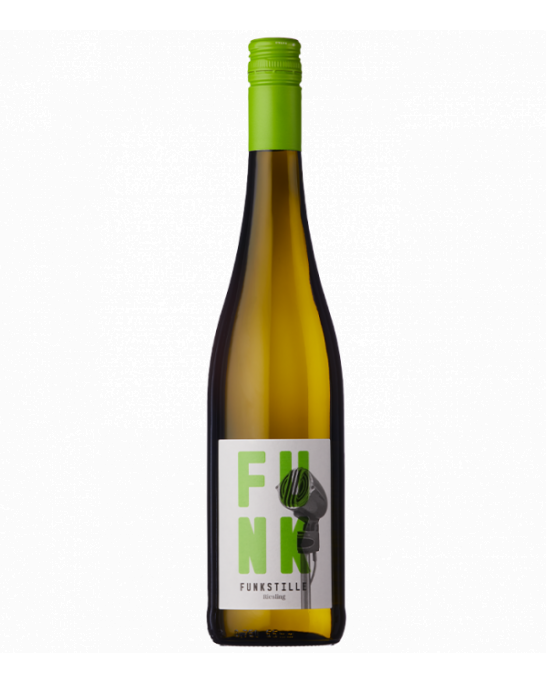
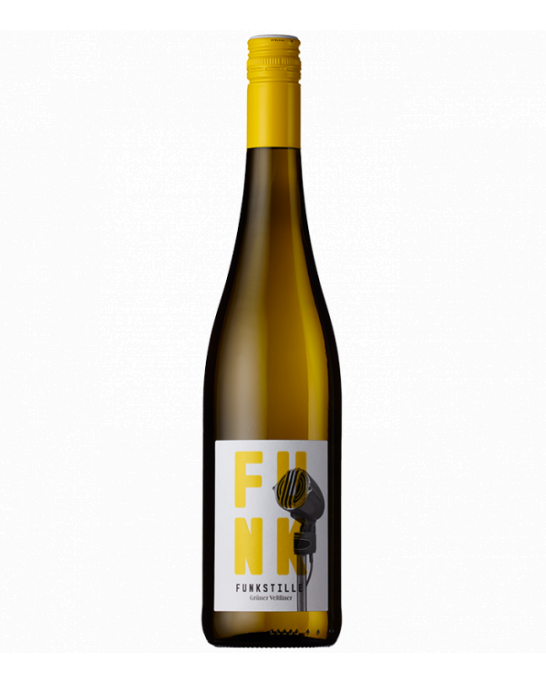
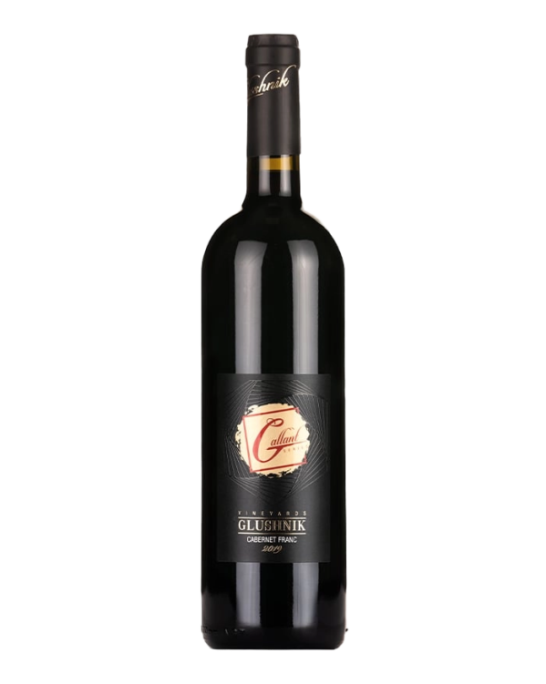
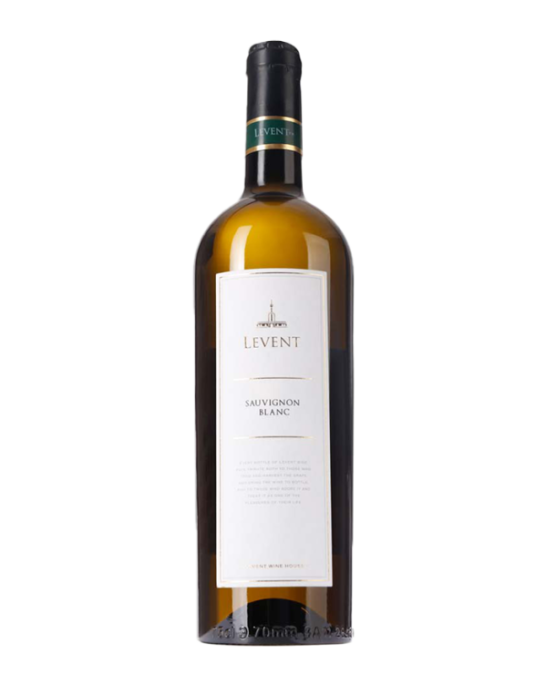
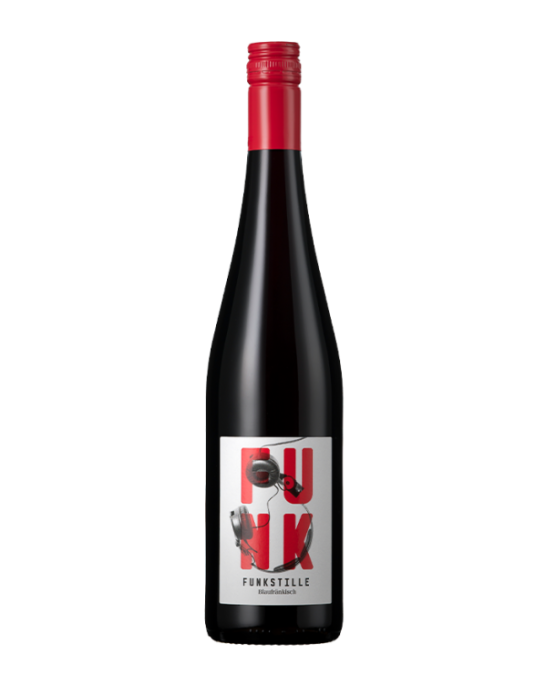
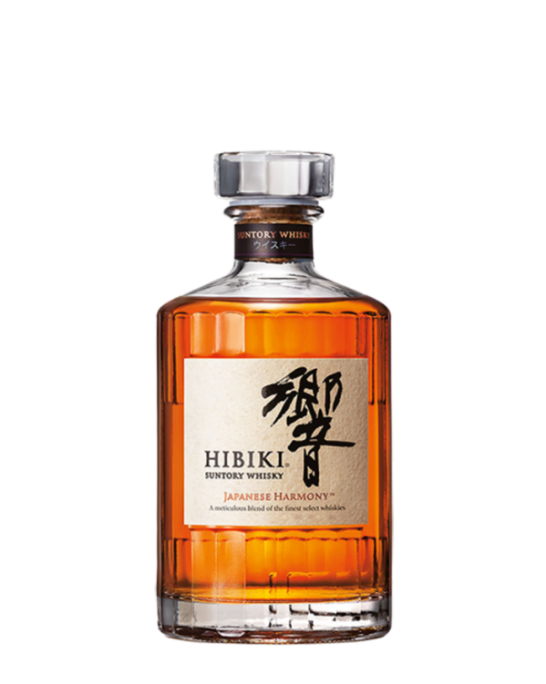
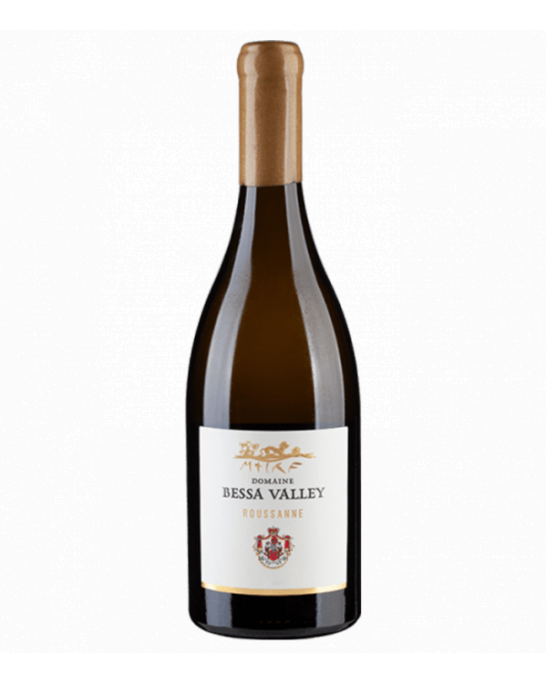
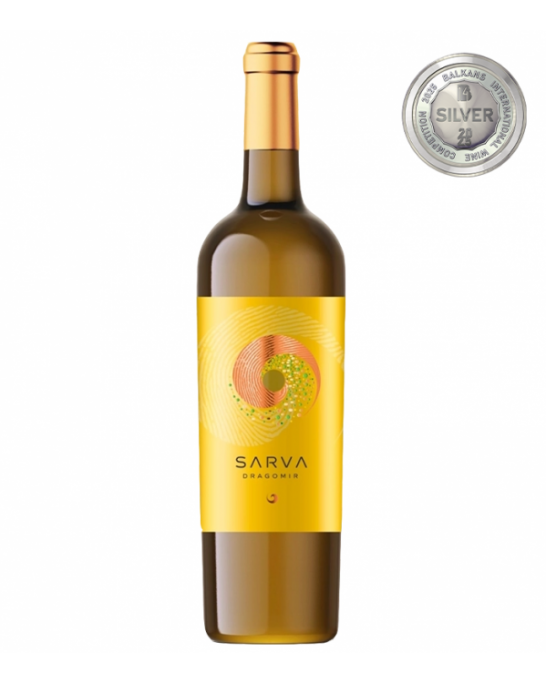
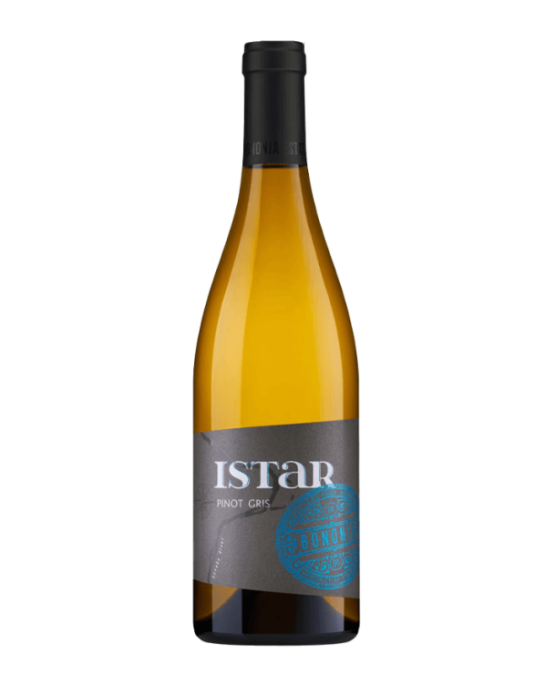
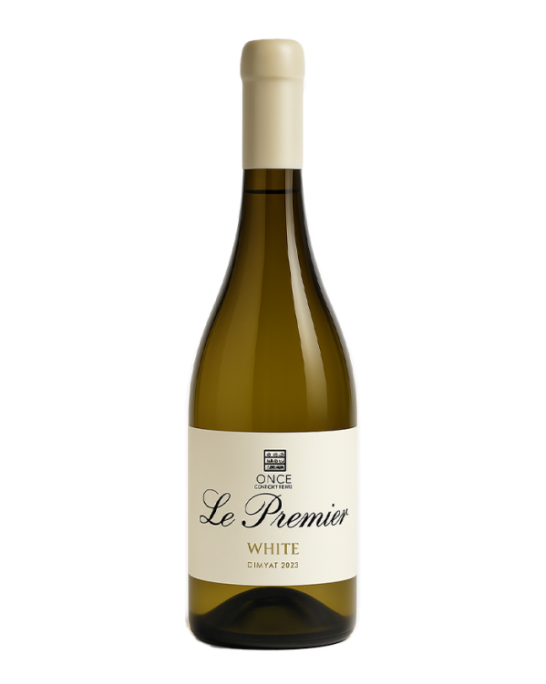
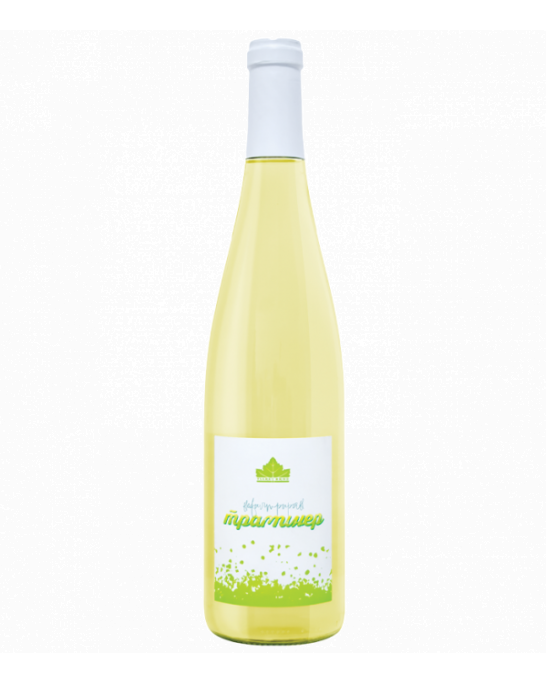
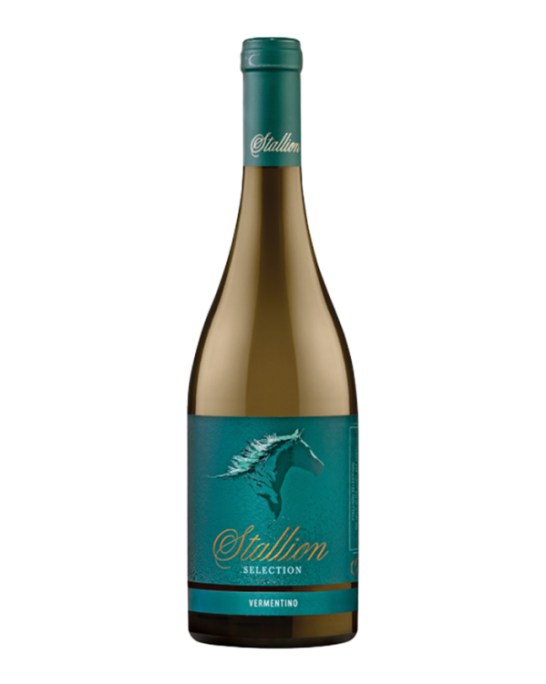
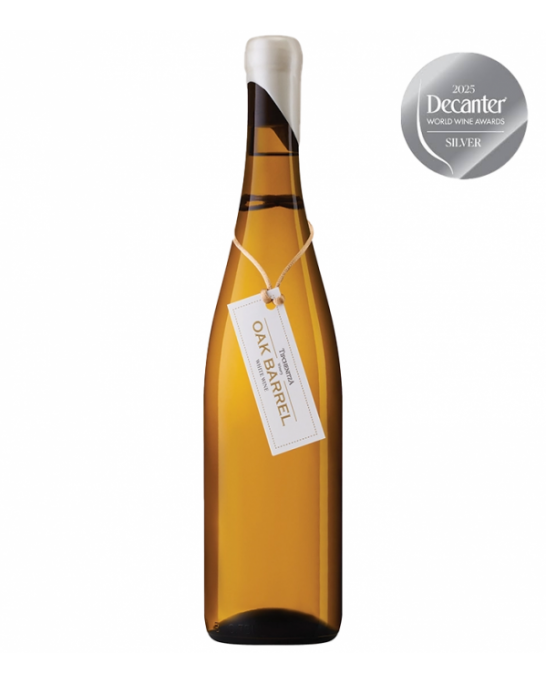
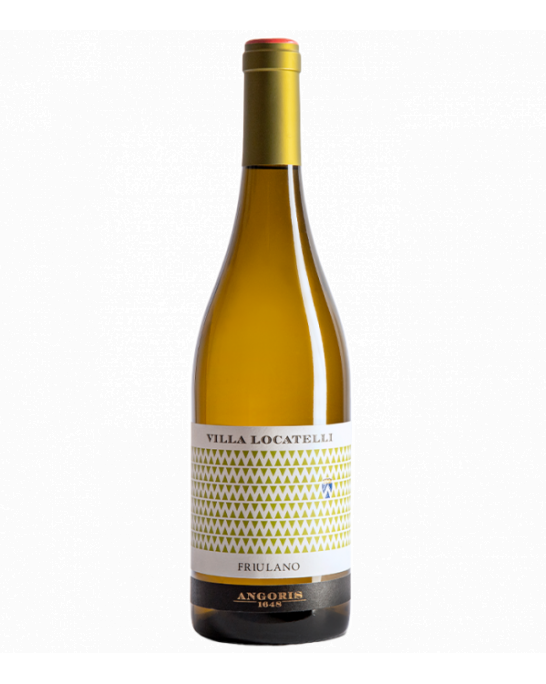
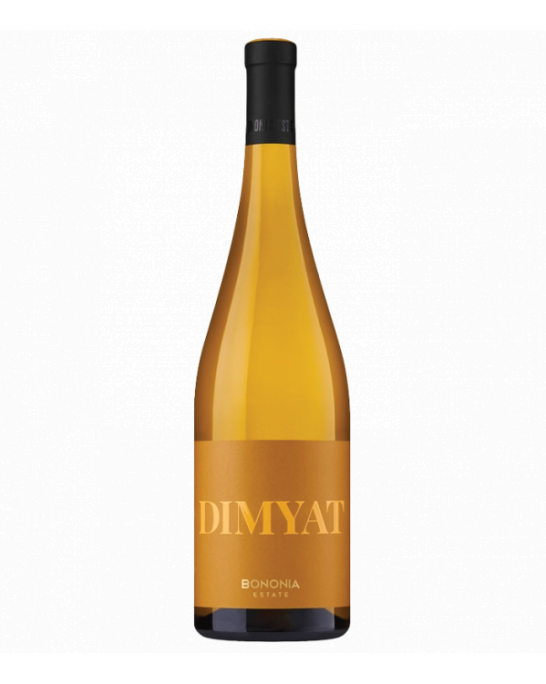
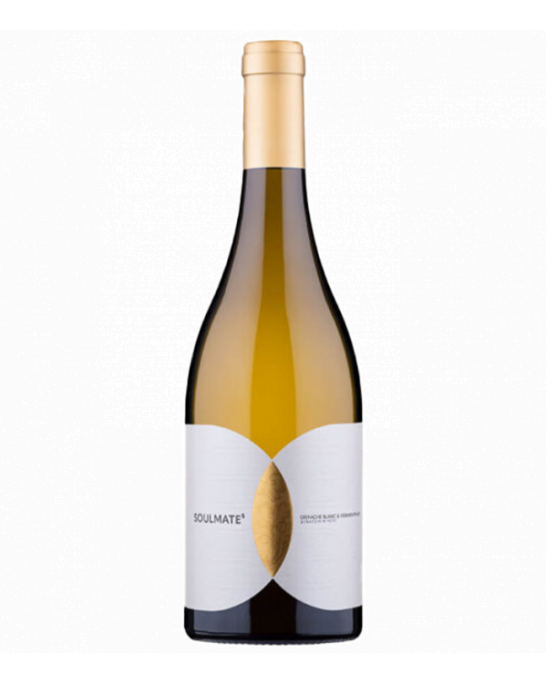
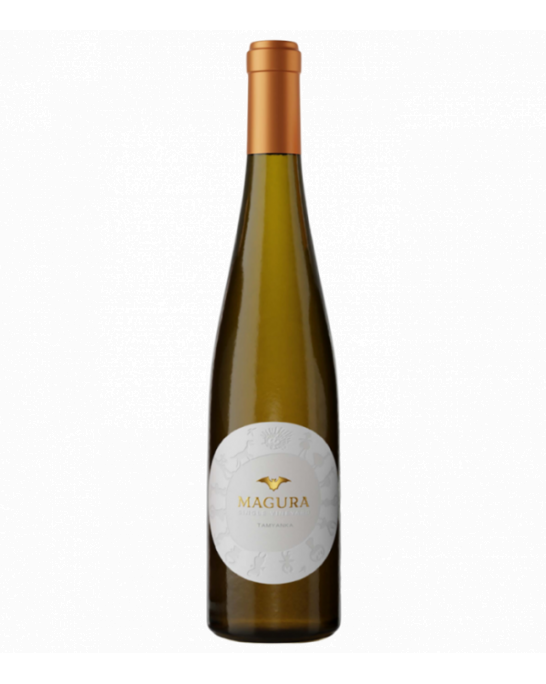
Customer reviews
No reviews available
Be the first to review